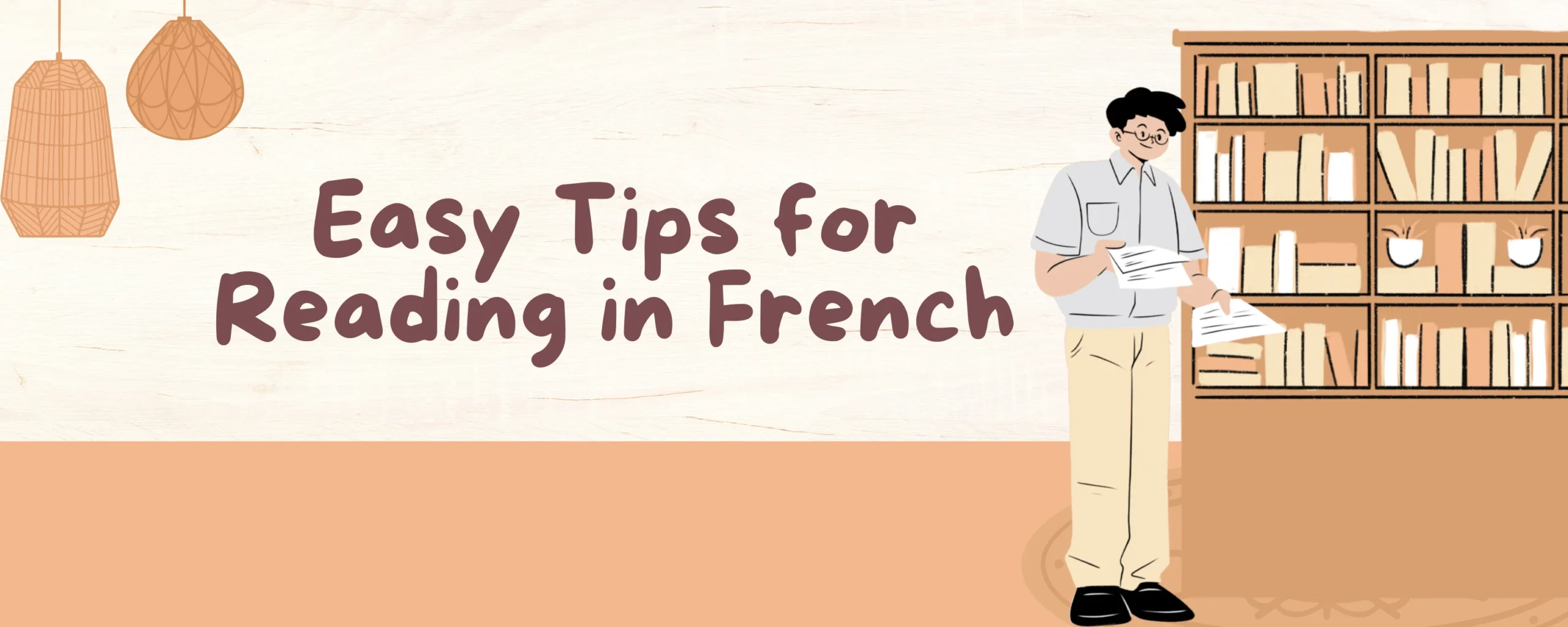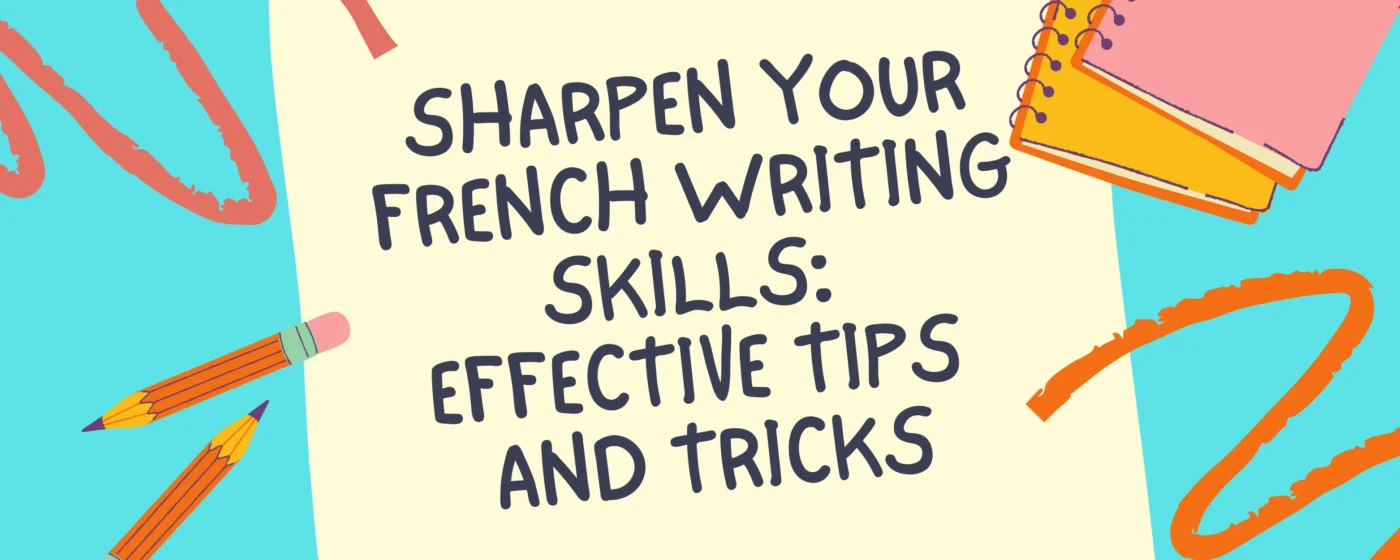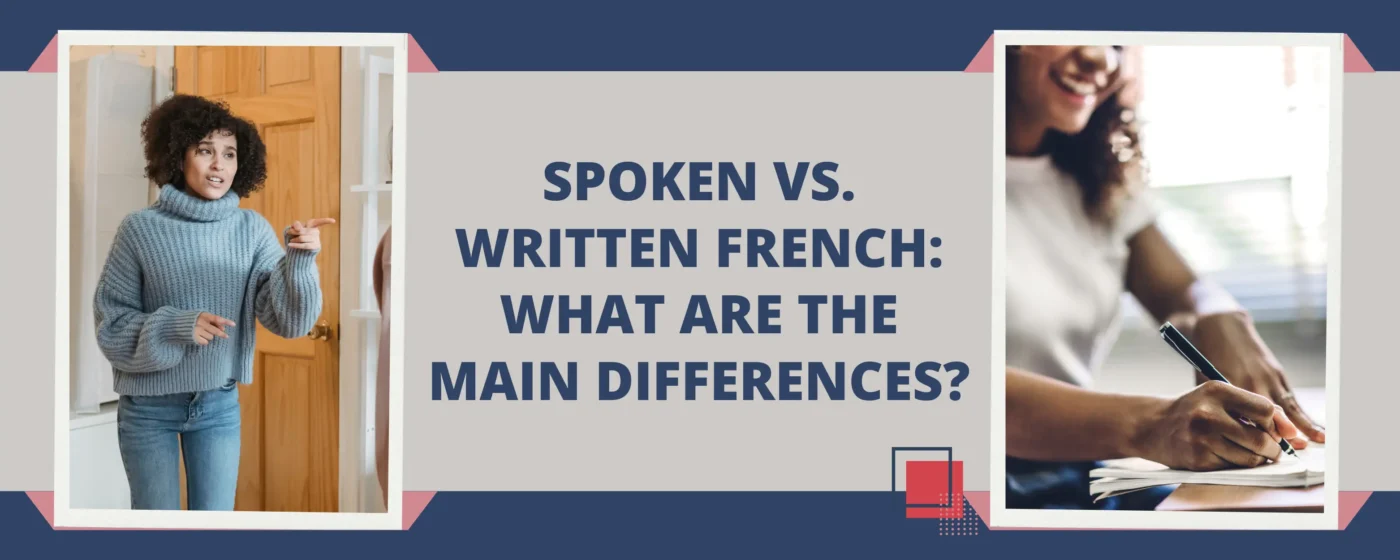Are you tired of staring at a page of French text, feeling lost and overwhelmed? Do you dream of effortlessly reading French novels, articles, and comics? You’re not alone. Many language learners struggle with reading comprehension in French. But fear not! Mastering French reading can unlock a world of benefits.
By improving your reading skills, you’ll enhance your overall language proficiency, boost your confidence, and gain a deeper understanding of French culture. You’ll be able to enjoy the works of renowned French authors, keep up with current events, and communicate more effectively with French speakers. Let’s explore how to overcome these challenges and embark on a journey of linguistic discovery. Allez-y!
Understand French Sentence Structure
Just like a house needs a strong foundation, your French reading skills require a solid understanding of sentence structure. While French and English share the concept of subject-verb-object, the French often like to shake things up a bit.
Master Tips to Conquer the French Sentence Structure:
- Spot the Verb: Unlike English, where the verb is often the first word in a sentence, in French, it can hide anywhere. Be a detective and hunt for that verb!
- Identify the Subject: Once you’ve found the verb, look for its partner-in-crime, the subject. It’s often hidden before the verb, but sometimes it can surprise you after.
- Unmask the Object: The object is the poor soul acted upon by the verb. It’s often found after the verb, but watch out for those sneaky French sentences that love to rearrange the order.
Common Pitfalls and How to Avoid Them:
- Word Order Confusion: Don’t let the French word order trick you! Practice regularly to train your brain to recognize the different patterns.
- Ignoring the Verb: The verb is the heart of the sentence. Don’t skip over it or you’ll miss the whole meaning.
Remember, practice makes perfect. By consistently reading French texts, you’ll gradually develop a keen eye for French sentence structure. So, grab a book, a magazine, or a comic book and start exploring the wonderful world of French language!
Improving your French writing takes practice and the right tools. Explore these resources for French writing to enhance your skills effectively.
Build Your Vocabulary Efficiently
Tired of feeling lost in a sea of French words? Fear not, language lover! Here are some fun and effective ways to expand your French vocabulary:
- Prioritize Your Learning: Why learn a word you’ll rarely use? Focus on high-frequency words that will boost your everyday French. Think of it as a vocabulary buffet, where the most delicious (and useful) words are right at the front.
- A Gentle Introduction: Start with easy reads and gradually work your way up. Graded readers are like training wheels for your French reading skills. They’re fun, engaging, and perfect for building vocabulary and comprehension.
- Quiz Yourself to Success: Flashcards are a classic language learning tool for a reason. They’re portable, customizable, and perfect for on-the-go learning. Quiz yourself regularly to reinforce your vocabulary.
Bonus Tips:
- Root Words, Prefixes, and Suffixes: Unlocking the building blocks of words can significantly boost your vocabulary. Make sure to learn common roots, prefixes, and suffixes to decipher new words!
- Word Associations: Create vivid mental images or personal stories to connect new words with existing knowledge.
- Immerse Yourself: Watch French movies, TV shows, and listen to French music. The more you expose yourself to the language, the faster your vocabulary will grow.
Helpful Apps and Resources:
- Duolingo: A fun and interactive language learning app.
- Memrise: A spaced repetition system for vocabulary learning.
- Anki: A powerful flashcard app that can be customized for your specific needs.
The Trifecta of French Grammar: Pronouns, Articles, and Prepositions
Pronouns, articles, and prepositions are the unsung heroes of the French language. They may seem small, but they play a crucial role in sentence structure and meaning. Mastering them is essential for achieving fluency in French reading.
Closer look at the French Pronouns, Articles and Prepositions
- Pronouns: replace nouns, making sentences more concise and avoiding repetition.
- Exemple: Michelle va à l’école. Elle participe à toutes les activités sportifs. (Michelle goes to school. She participates in all sports activities.)
- Exemple: Paul résout très facilement des équations mathématiques. On peut donc dire qu’il est très intelligent. (Paul solves mathematical equations very easily. Therefore one can say that he’s very intelligent.)
- Articles: define nouns, indicating whether they are specific or general.
- Exemple: Je mange la pomme. (I am eating the apple.)
- Exemple: J’aime les chats. (I like cats.)
- Prepositions: show relationships between words, such as location, time, and manner.
- Exemple: Je suis à Paris. (I am in Paris.)
- Exemple: Je vais au cinéma. (I am going to the cinema.)
Tips for Mastering the Trio
- Practice makes a man parfait!: The more you expose yourself to French, the more familiar you’ll become with these grammatical elements. Read books, watch movies, and listen to music in French.
- Mnemonic Devices are your unsung heroes: Create fun and memorable associations to help you remember the rules. For example, use a catchy phrase or a visual image to recall the correct preposition.
- Language Learning Apps can be your best friends: Many language learning apps offer interactive exercises to practice pronouns, articles, and prepositions.
Need French Learning Shortcuts?
La Forêt’s tutors have tips to boost fluency faster. Make every minute count!
Practice Reading Regularly with the Right Materials
Fuel Your French Reading Journey with the Right Materials! Remember, the key to success is finding the right reading material for your level. Don’t bite off more than you can chew! Start with something easy and gradually increase the difficulty as you progress.
Don’t know where to start? Worry not, we’ve got you covered!
- Children’s Books: A fun and easy way to start. They often use simple vocabulary and grammar, making them perfect for beginners.
- Graded Readers: Tailored to different language levels, graded readers provide a structured approach to reading.
- Short Stories: A great way to practice reading comprehension and vocabulary in bite-sized chunks.
- News Articles: Stay up-to-date on current events and improve your reading skills at the same time.
Enhance your language skills with ChatGPT for learning French by exploring effective strategies and prompts in this guide.
Use Context Clues to Understand Meaning
Tired of constantly reaching for your dictionary? Fear not, aspiring Francophile! You possess a powerful tool to decipher unknown words: context clues.
By analyzing the surrounding words, tone, and sentence structure, you can often deduce the meaning of a word without breaking your reading flow.
For instance, if you encounter the word “jovial” in a sentence like “Il était jovial et souriant”, you can infer that it means “cheerful/ merry”” based on the positive connotation of “souriant” (smiling).
Similarly, if you come across “mélancolique” in a sentence describing a rainy day and a sad character, you might guess that it means “melancholy/ sad”.
Remember, context clues are like puzzle pieces that, when put together, reveal the complete picture. So, sharpen your detective skills and let the French language unfold before your eyes!
Read Aloud to Enhance Comprehension
Want to sound like a native French speaker? Reading aloud is your secret weapon! By practicing regularly, you’ll refine your accent and boost your confidence.
Here are 3 of our secret master tips, shh
- Become Your Own French Tutor: Record yourself reading aloud and listen back. It’s like having a personal language coach, pointing out your strengths and weaknesses.
- Shadow the Masters: Find a native French speaker and mimic their pronunciation and rhythm. You’ll soon start sounding like a true Francophile.
- Consistency is Key: Even a few minutes of daily practice can make a big difference. So, grab a book, a script, or even a children’s story and start reading aloud!
Compare French and English Reading Differences
While both languages have their own unique charm, they often take different approaches to expressing ideas. Let’s have a look!
| Aspect | French | English |
|---|---|---|
| Sentence structure | Flexible Subject-Verb-Object | Rigid Subject-Verb-Object |
| Formality | More use of formal ‘vous’ | Less formal usage |
| Word order | Often inverted with questions | Questions have fixed word order |
| Nouns | Nouns have gender (masculine or feminine) | Nouns are gender-neutral |
| Definite articles | Two definite articles: ‘le’ (masculine), ‘la’ (feminine) | One definite article: ‘the’ |
Use a Dictionary Sparingly
Let’s be honest, dictionaries can be lifesavers! But like any tool, overuse can lead to trouble. Relying too much on translation can actually slow down your language learning.
So, when should you actually use a dictionary?
- When you’re completely stumped: If a word is totally alien, a dictionary can be your knight in shining armor.
- To confirm a guess: If you think you know the meaning, a dictionary can give you the actual word.
- To learn new nuances: Dictionaries can help you understand the subtle differences between words.
Connect with Experts to Boost Your Skills
Want to level up your French game? Connect with French language experts or fellow learners. It’s like having a personal cheerleader and a language guru all in one!
Why You Should Join a Language Community?:
- Expert Feedback: Get personalized advice and feedback from experienced French speakers.
- Language Exchange Partners: Practice speaking French with native speakers or other learners.
- Motivation and Support: Connect with people who share your passion for the language.
Ready to take the plunge? Consider joining La Forêt French Class. With expert guidance and a supportive community, you’ll be speaking French like a pro in no time.
Conclusion
Want to pen captivating French essays? Remember, practice makes perfect! Start with simple structures, gradually increasing complexity. Don’t fear mistakes; they’re stepping stones to improvement. Join La Forêt French Class to refine your writing skills and unlock the world of French literature. With dedication, you’ll soon be crafting eloquent essays that impress your readers.
Did You Know?
- French Essays Love a Good Formal Introduction: Even if you’re writing about your cat, you’ll need a proper introduction with a thesis statement!
- French Essays Can Be Surprisingly Opinionated: Don’t be afraid to state your opinion, but back it up with solid arguments. Just remember to keep it polite, even if you’re disagreeing with a famous philosopher.
- French Essays Love Transitions: They’re like the glue that holds your ideas together. Use connectors like “par conséquent” (consequently) and “en outre” (moreover) to guide your reader smoothly from one point to the next.
Studying in a Francophone country offers cultural immersion, career benefits, and language proficiency. Explore the advantages of studying in a Francophone country.
Frequently Asked Questions
1. How do you memorize a French essay?
Ans: That’s easy! Break down the essay into smaller parts, understand the key points, and practice reciting them aloud. Use mnemonic devices and spaced repetition to reinforce your memory.
2. How do you start an essay in French?
Ans: Begin with a strong hook to capture the reader’s attention, followed by a clear thesis statement that outlines your main argument.





